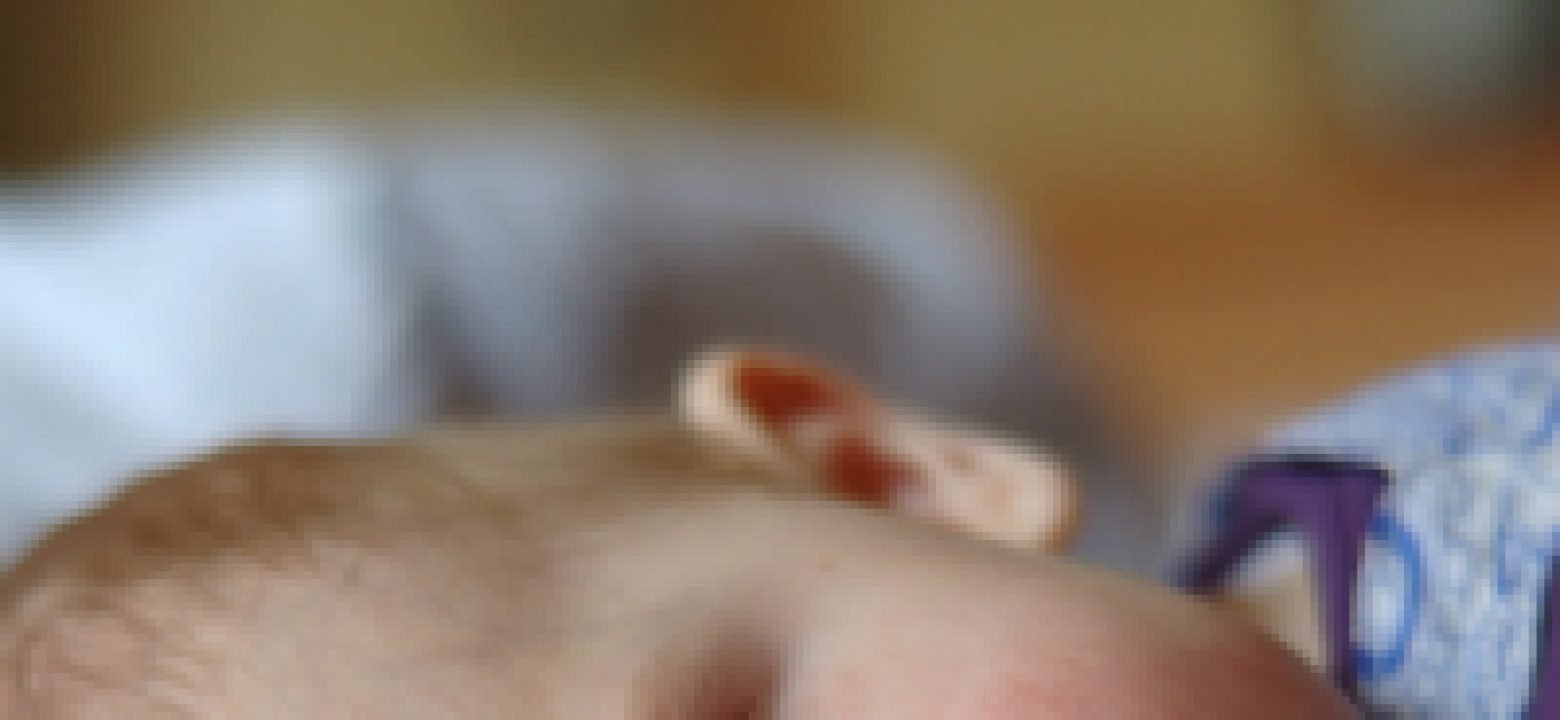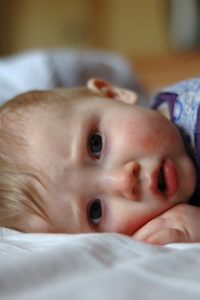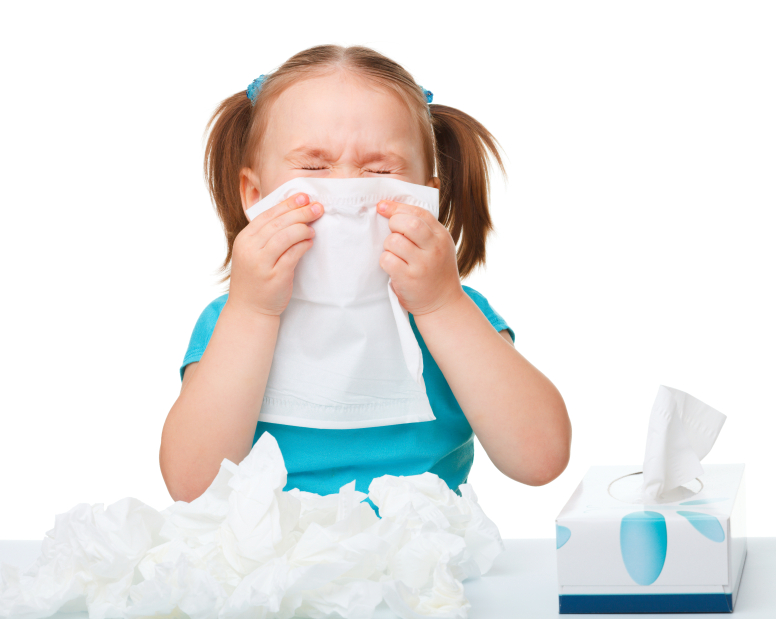When to go to the Emergency Room

It can be difficult to know how sick your child is and whether you should take your child to the Emergency Room.
 You are the best judge of your child’s health. However, it can be difficult to know how sick your child is and whether you should take your child to the Emergency Room. Fortunately, there are signs you can look for that will help you decide.
You are the best judge of your child’s health. However, it can be difficult to know how sick your child is and whether you should take your child to the Emergency Room. Fortunately, there are signs you can look for that will help you decide.
Listen to and observe your child. Are there changes in your child’s reactions or breathing? Does your child appear dehydrated or listless? Are they much more lethargic than usual?
Check for the following signs or symptoms to help you decide if you should bring your child to the Emergency Room.
Skin colour:
- Your child’s skin colour is paler than usual.
Hydration:
- Your child has less saliva in their mouth.
- Your child does not produce tears when they cry.
- Your child is urinating less frequently.
Respiratory symptoms:
- Your child has difficulty breathing.
- There have been changes in your child’s breathing.
Reaction:
- Your child shows signs of listlessness, lethargy or irritability.
- There has been a change in the way your child responds to you.
- There has been a change in your child’s responses to noise and/or visual stimulation (i.e.: reaching, grasping or playing with an object).
Important: If you are not sure if you should come to the ER please call Info Santé by dialing 811 on your phone.
What should you do if your child has a fever?
- If your child has an infection (caused by either bacteria or a virus), it is common to have a fever. A fever will not harm your child; it usually goes away after 72 hours.
- If your baby is six months old or younger and has a fever, consult your doctor.
- If your child is older thank six months and has a fever, you can treat them at home as long as you give them enough liquids. However, if the fever lasts for more than 48 hours, you should see your doctor.
- The degree of fever is not a reliable sign of how serious the illness is. A child’s behaviour is usually a better indication of how sick they are.
You should consider contacting your doctor or health care provider if your child:
- is less than six months old and has a fever.
- has a fever higher than 39°C (102°F).
- has a fever for more than 48 hours.
- is excessively cranky, fussy or irritable.
- is excessively sleepy, lethargic or does not respond to noise or visual stimulation.
- is persistently wheezing or coughing.
- has a fever and a rash or any other signs of illness that worry you.
Medication is not always necessary to reduce your child’s temperature. However, when needed, acetaminophen (such as Tylenol® or Tempra®) is the best medication for a fever. You can also use ibuprofen, which is found in products such as Advil® and Motrin®.
- For all medications, make sure to carefully follow the directions on the package.
- Do not give acetaminophen and ibuprofen at the same time.
- Do not give your child aspirin (acetylsalicylic acid) for a fever.
- Always speak to your pharmacistabout giving your child an over-the-counter medication if your child is being prescribed other medications.
